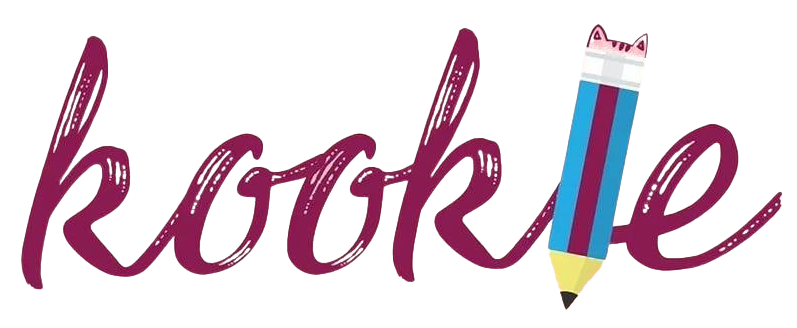As you start to carve a name for your brand, you will soon realise that perception is everything. Sometimes, how you are perceived by your audience is just as important as the quality of service/products you deliver. It’s normal to see large corporations hiring a PR firm to ensure a successful PR campaign. Nonetheless, a PR campaign can still be a great way for a small company to gain traction and build a strong reputation.
Here’s a roadmap to get you started:
1. Define Your Goals and Target Audience
2. Craft Your Story and Messaging
3. Develop Your Media Kit
4. Build Relationships with the Media
5. Leverage Social Media and Content Marketing
6. Get Involved in the Community
7. Measure and Analyse Results
Bonus Tip: Consider collaborating with influencers in your industry. Partnering with well-respected individuals can amplify your message and reach a wider audience.
Conclusion
Remember, PR is a marathon, not a sprint. Building relationships and establishing a positive reputation takes time and consistent effort. By following these steps and continuously refining your approach, you can develop a successful PR campaign that fuels your small business’s growth.
Here’s a roadmap to get you started:
1. Define Your Goals and Target Audience
- Brainstorm: What do you want to achieve with your PR campaign? Is it brand awareness, building industry expertise, or promoting a new product?
- Target Audience: Who are you trying to reach? You need a thorough understanding of your target demographics’ interests and media consumption patterns to design the right key messages.
2. Craft Your Story and Messaging
- Unique Selling Proposition (USP): What makes your company special? Develop a clear and concise message that resonates with your target audience.
3. Develop Your Media Kit
- Press Release Template: A press release is a newsworthy announcement distributed to media outlets. Create a template you can easily customise for future announcements.
- Backgrounder: This is a document providing more details about your company, products, and services.
- Media Contact Information: Make it easy for journalists to reach you for interviews or follow-up questions.
4. Build Relationships with the Media
- Media Lists: Research journalists and publications relevant to your industry. There are free and paid resources to help you build media lists.
- Pitching: Craft compelling pitches that highlight your newsworthy story and why it’s relevant to their audience.
5. Leverage Social Media and Content Marketing
- Active Social Media Presence: Share your story and engage with your target audience on social media platforms they frequent.
- Content Marketing: Create informative and engaging content (blog posts, infographics, videos) that establishes your company as an expert.
6. Get Involved in the Community
- Networking Events: Attend industry events and conferences to connect with potential customers and media contacts.
- Community Involvement: Supporting local causes or volunteering can demonstrate your company’s commitment to social responsibility.
7. Measure and Analyse Results
- Track Your Progress: Monitor key metrics like website traffic, social media engagement, and media mentions to evaluate the effectiveness of your campaign.
- Adapt and Improve: Use the data to refine your strategies and make adjustments for future PR campaigns.
Bonus Tip: Consider collaborating with influencers in your industry. Partnering with well-respected individuals can amplify your message and reach a wider audience.
Conclusion
Remember, PR is a marathon, not a sprint. Building relationships and establishing a positive reputation takes time and consistent effort. By following these steps and continuously refining your approach, you can develop a successful PR campaign that fuels your small business’s growth.








